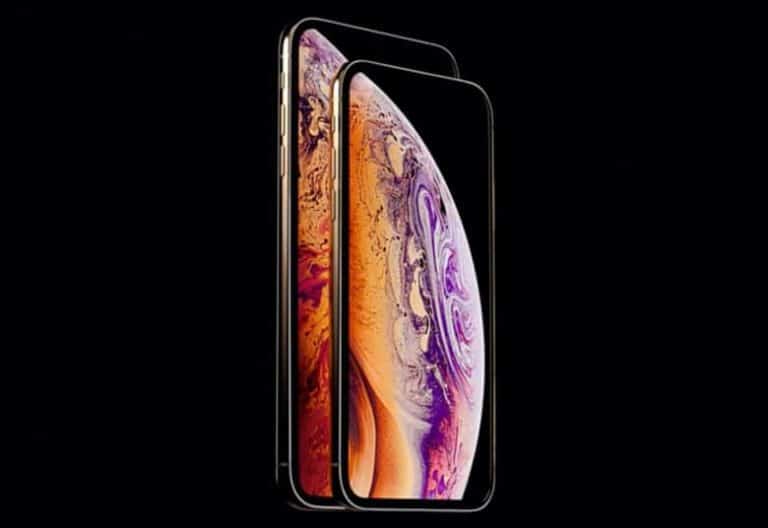Apple wants to build artificial intelligence directly into its devices. If it succeeds in doing so, it will no longer be necessary to process the workload of AI on a mobile device in the cloud. To take a step forward, Apple now acquires a small company, Silk Labs.
That’s what The Information reports today based on sources within the two companies. Silk Labs is best known for a surveillance camera that wanted to develop it and for which it organised a crowdfunding campaign. The camera, which was supposed to be called Sense, was eventually cancelled and people who put money in it got it back. The underlying technology is exactly what Apple is interested in.
Deep learning on-device
On the site of Silk Labs you can read that it has the most powerful on-device deep learning engine on the market in development. The on-device AI software can recognize people, faces, obejcts and audio. These are all functions that are currently available on smartphones, but for which the necessary calculations take place in the cloud.
Silk’s solution fits well with mobile and embedded chipsets that are found in iOS devices, for example. Apple and other companies are releasing mobile chips with increasingly integrated AI capabilities. This is especially true for Apple, which emphasises the privacy of its users, which is a useful technology.
Execute AI locally
Silk Labs also states that it has developed deep learning algorithms that can distinguish important visual and audio details from ordinary video streams. These elements can then go to the cloud in anonymous form. In this way, AI can execute as much as possible locally and the last bits on the cloud. Another important aspect of Silk’s technology is the focus on privacy and security, to which Apple also devotes a great deal of attention.
It is not entirely clear when Silk was acquired by Apple. According to The Information, the takeover took place earlier this year and not too much was paid for it. The company has twelve employees and earlier sun 4 million dollars in investments raised.
This news article was automatically translated from Dutch to give Techzine.eu a head start. All news articles after September 1, 2019 are written in native English and NOT translated. All our background stories are written in native English as well. For more information read our launch article.